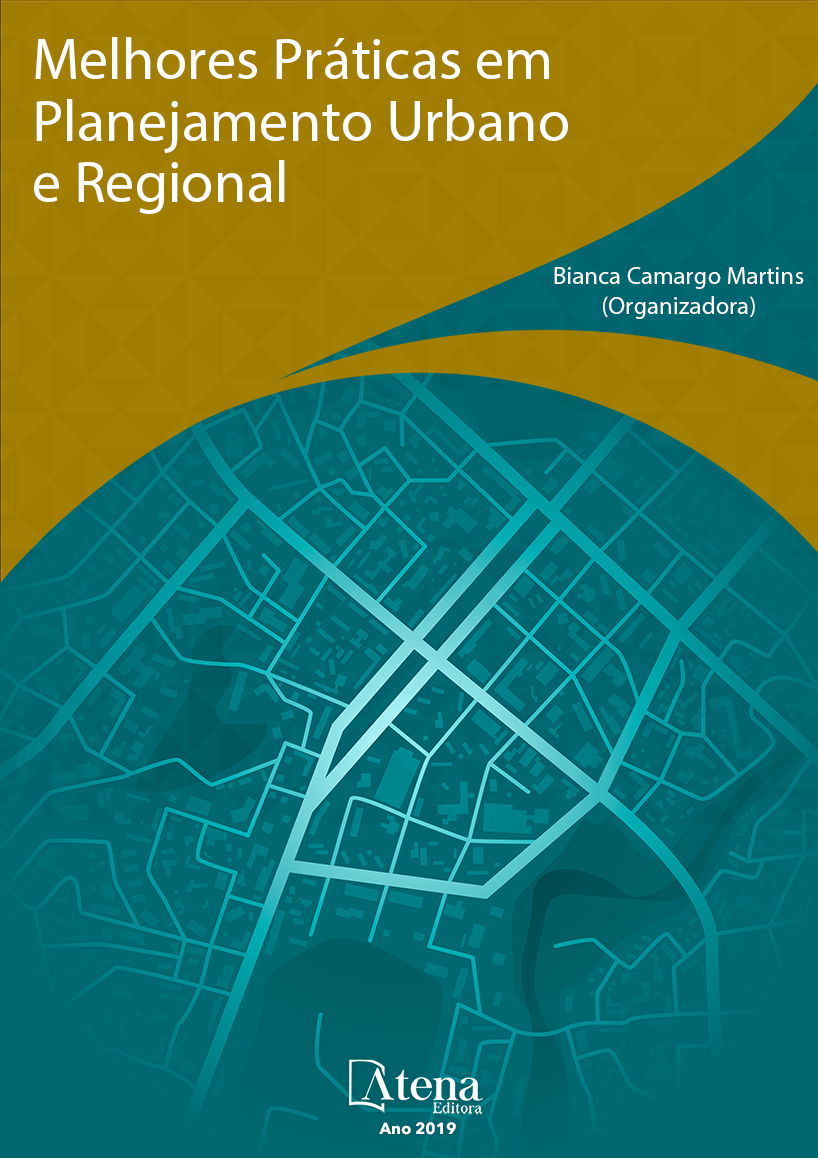
ANÁLISE DO IMPACTO DA CRISE ECONÔMICA NO MERCADO IMOBILIÁRIO DE FORTALEZA UTILIZANDO OS ÍNDICES DE SHARPE E SORTINO
No cenário atual, a economia
nacional vem de uma turbulenta crise
econômica que afeta as diversas áreas
do mercado financeiro em todo o Brasil.
Investidores adotam posição mais
conservadora, segurando os investimentos
a fim de evitar perdas de capital. Embora as
evidências sejam desfavoráveis, oportunidades
de investimento surgem durante a crise
enquanto outras são afetadas drasticamente.
Assim, o presente trabalho analisa o risco e a
volatilidade do mercado imobiliário de Fortaleza,
baseando-se na série histórica de dados de
preço por metro quadrado médio dos 20 (vinte)
bairros mais procurados em compra e venda de
imóveis de classe média e classe alta, desde o
início da crise econômica nacional, Janeiro de
2014, até dezembro de 2017. Calcular o risco
por meio do Índice Sharpe e do Índice Sortino
para cada bairro, considerando-os como fundos
imobiliários, orienta o investidor mostrando a
tendência de risco para o retorno esperado e
quando analisado a cada ano, mostra como
a crise impactou o mercado imobiliário e as
reações da economia nacional. O impacto da
atual crise causou um aumento preocupante no
risco de investimento imobiliário em Fortaleza,
com poucos bairros obtendo retorno médio
maior que a média da taxa SELIC. Por outro
lado, o cálculo dos indicadores de risco ano a
ano mostra que a economia nacional começa a
apresentar reação e que os índices voltaram a
subir e com perspectiva de melhora.
ANÁLISE DO IMPACTO DA CRISE ECONÔMICA NO MERCADO IMOBILIÁRIO DE FORTALEZA UTILIZANDO OS ÍNDICES DE SHARPE E SORTINO
-
DOI: 10.22533/at.ed.58719230821
-
Palavras-chave: Análise de Mercado Imobiliário, Índice de Sharpe, Índice de Sortino, Análise de risco, Rentabilidade.
-
Keywords: Real Estate Market Analysis, Sharpe Ratio, Sortino Ratio, Risk Analysis, Profitability.
-
Abstract:
In the current scenario, the
national economy comes from a turbulent
economic crisis that affects the various areas
of the financial market throughout Brazil.
Investors adopt a more conservative position,
holding the investments to avoid capital losses.
While the evidence is unfavorable, investment
opportunities emerge during the crisis while
others are drastically affected. Thus, the
present study analyzes the risk and volatility of
the Fortaleza real estate market, based on the
historical data series of average square meters
of the 20 (twenty) most sought-after neighborhoods in the purchase and sale of middleclass
and class properties high, since the beginning of the national economic crisis,
from January 2014 until December 2017. Calculating the risk through the Sharpe Index
and the Sortino Index for each neighborhood, considering them as real estate funds,
guides the investor by showing the risk trend for the expected return and when analyzed
each year, shows how the crisis impacted the real estate market and the reactions of
the national economy. The impact of the current crisis caused a worrisome increase
in the risk of real estate investment in Fortaleza, with few neighborhoods obtaining an
average return higher than the average SELIC rate. On the other hand, the calculation
of year-on-year risk indicators shows that the national economy begins to react and
that the indexes have risen again.
-
Número de páginas: 15
- Pedro Oliveira Otoch
- Marcelo Augusto Farias de Castro


